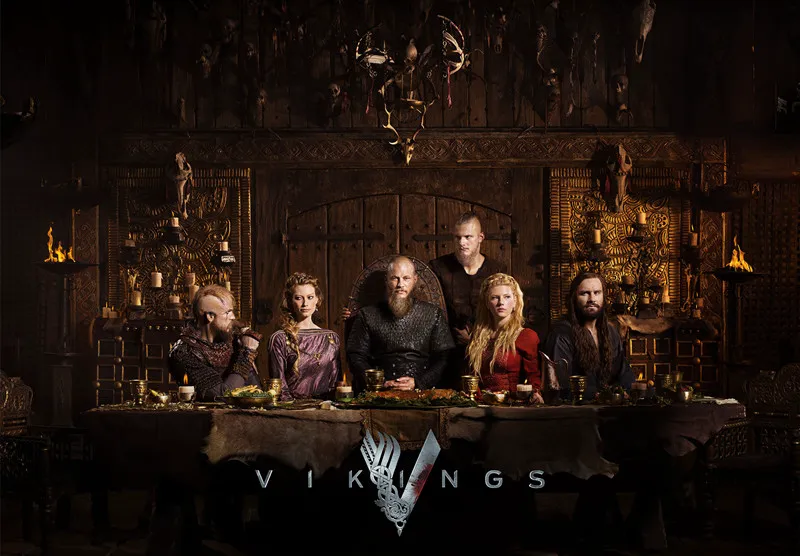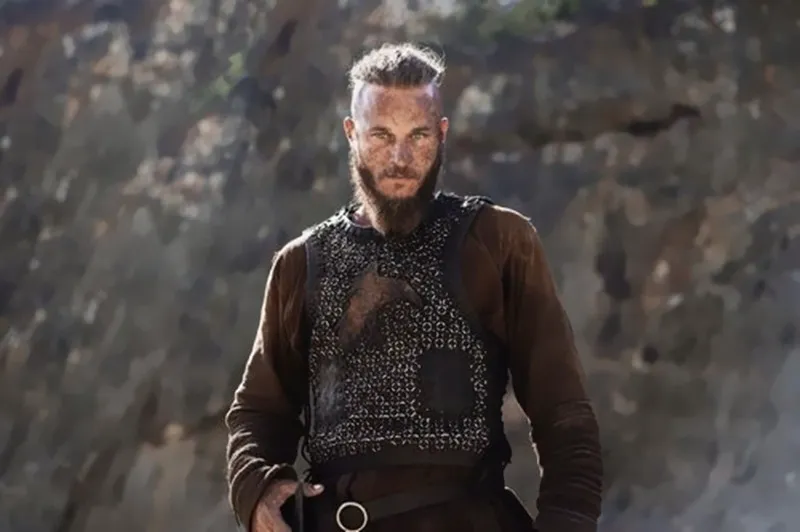Warning: Spoilers Ahead! Proceed with Caution!

Lately, I’ve found myself drawn to historical war dramas, especially those featuring brutal combat and intricate political maneuvering. There’s something deeply satisfying about the blend. Vikings fits this bill perfectly, and I recently finished the fourth season. This review will focus on the final episodes.

The Fall of the Hero
Ragnar’s repeated failures signal that the show isn’t interested in glorifying individual heroism. Its commitment to objectivity and realism enriches the narrative, a stark contrast to the invincible protagonists often seen in other war dramas. In the Viking world, strength reigns supreme. Failure leads to replacement, and replacement often requires death. Ragnar’s disappearance after his defeat is seen as a disgrace to his family, with even his own sons eager to see him dead. To regain respect, he must either accept punishment or eliminate those who challenge his authority, proving he is still a force to be reckoned with.
Rollo’s Pragmatism
Ragnar’s brother, Rollo, demonstrates exceptional skill and resilience, leveraging his knowledge of Viking warfare to defeat his former allies on multiple occasions. His “professional competence” is undeniable. However, his conversion to Christianity and his role in the slaughter of his own people make it difficult to fully embrace him. It’s reminiscent of the Warring States period in ancient China, where talented individuals moved between different states, seeking opportunities for advancement. From this perspective, I find his actions justifiable. In today’s world, talent is no longer tied to specific organizations, and leaving when necessary is a valid choice.
The Unassuming King
Finally, let’s consider the king (I apologize, I can’t recall his name or kingdom). Overshadowed by the main characters, he initially appears weak and incompetent. He relies on his daughter to defend the city walls, uses the fat earl to counter the Vikings, and then offers his daughter to Rollo to secure an alliance. He then orchestrates the downfall of the earl and later eliminates Rollo’s allies, relying on Rollo to defeat the Vikings twice. This series of moves is calculated and effective. Who knows how he will eventually deal with Rollo? It’s like Liu Bang, the founder of the Han dynasty, who was inferior to his generals and advisors in specific skills but excelled at utilizing their talents. A true example of profound wisdom disguised as simplicity!
Final Thoughts
Vikings is filled with violence, ignorance, political intrigue, and occasional explicit content. Ragnar’s spirit of exploration, resilience, wisdom, and ability to control people and situations are deeply captivating. In a society that emphasizes civilization, order, and morality, the show offers a breath of rebellious fantasy.